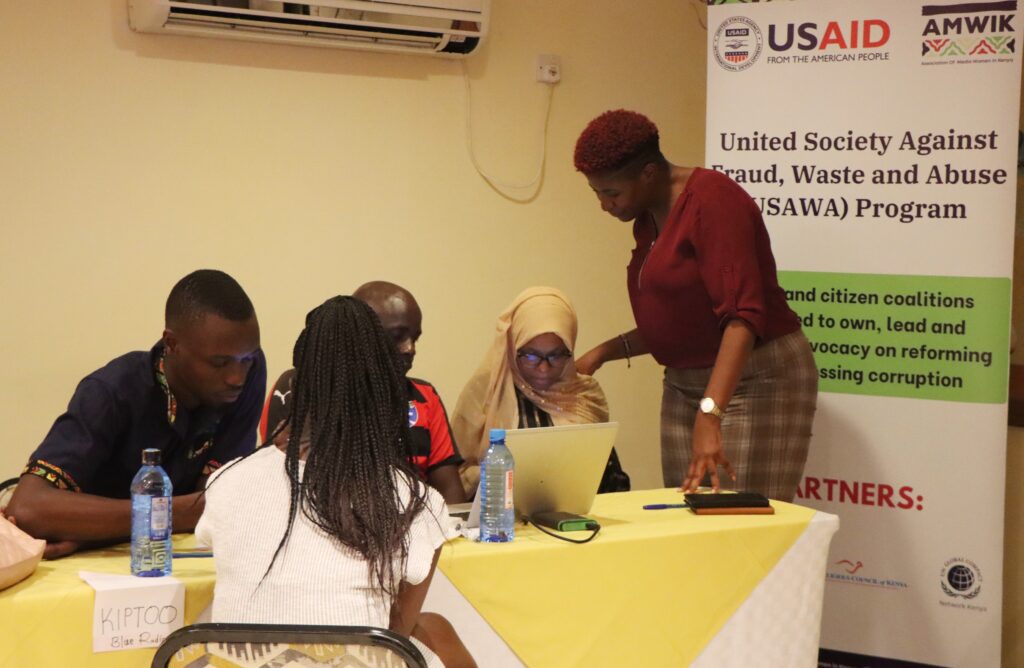By Anthony Zoka
The Media Council of Kenya (MCK) has raised concerns over the increased gap on health stories reporting among journalists.
Speaking in Mombasa Coast region MCK coordinator Maureen Mudi, attributed this gap to the poor relation between journalists and County governments.
According to Mudi there is a need to have a structured mechanism that will guarantee journalists access to information as they partner with other stakeholders to narrow the gap.
“We have realized that most journalists are yet to specialize in health reporting. Another reason being most of the media houses cannot facilitate their journalists to pursue investigative stories on health.” noted Mudi.
However about 20 media practitioners in Mombasa County are taking part in the Usawa capacity building program that aims at equipping 10 journalists and 10 media managers with skills on reporting health stories.
The program is pioneered by Association of Media Women in Kenya (AMWIK) under the funding from USAID for a collaborative effort aimed at reducing fraud, waste, and abuse in the Kenyan health sector.
Mudi called on journalists in Mombasa to take the training seriously and arm themselves with the relevant knowledge to deal with health stories.
“Journalist need to take up health stories very seriously as it affects them at a personal level, the Usawa training will act as an eye opener to more health stories as well as collaboration among stakeholders.” She added the MCK coordinator.
Similar sentiments were echoed by USAID- Usawa program coordinator, Lorna Sempele, who revealed that they aim to empower 50 journalists in 5 counties in Kenya to unearth the positive and negative stories on the health sector.
“Citizens are the ones suffering from the corruption and miss appropriation of funds taking place in the health sector. In this training in Mombasa we aim at equipping journalists how to find the reasoning behind loss of funds in the health sector and let citizens know what is happening.” said Sempele.
Sempele challenged journalists to take part in health policies formulation process, budgeting as well as develop a culture of reading legal documents on health from both county and national governments.
According to the Usawa program coordinator if the 50 journalists work seriously on health stories with the correct data the rote in the health sector will reduce and make Kenyans awake and raise their voice whenever something is not right.


